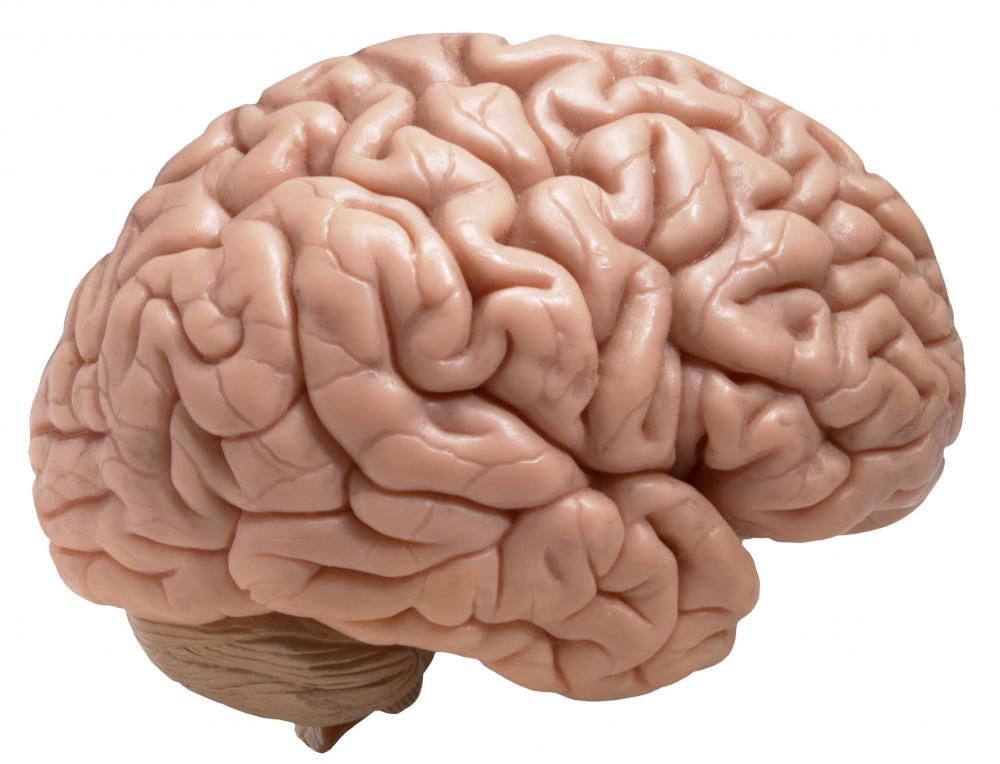At TheHealthBoard, we're committed to delivering accurate, trustworthy information. Our expert-authored content is rigorously fact-checked and sourced from credible authorities. Discover how we uphold the highest standards in providing you with reliable knowledge.
What Are First-Generation Antipsychotics?
First-generation antipsychotics, also called traditional or conventional antipsychotics, are a group of antipsychotic medications. These medications were originally used to treat schizophrenia. Today, they can be used to treat many different types of psychosis, including acute mania and paranoia. Although there are several types of traditional antipsychotics, they are classified into two groups: high and low potency.
During the 1950s, first-generation antipsychotics were initially created to provide treatment for patients with serious psychotic disorders, particularly schizophrenia. Although newer antipsychotic drugs have been developed, called second-generation antipsychotics, the first-generation drugs are still used. Patients respond differently to medications, so treatment usually begins with the first-generation medications and continues as long as the patient responds and tolerates them.

In comparison to second-generation antipsychotics, first-generation antipsychotics are not as broad in their treatment capacity. They do not effectively treat as many mental disorders as newer drugs. The first-generation drugs also have more potential side effects. For these reasons, the use of first-generation medications is reserved for patients who suffer from more severe mental disorders.

High-potential first-generation antipsychotics, as the group name implies, are stronger versions of these antipsychotics. They have a higher concentration of active ingredients. This group of antipsychotics is often given to patients who do not improve with lower potency medications. A common form of a high potency antipsychotic is through an injection that is typically used for patients who are in a mental care facility.

Similar to other types of antipsychotic medications, first-generation antipsychotics are dopamine inhibitors. Dopamine is a chemical produced by neurons in the brain. Many patients who suffer from a psychotic disorder have an overactive production of dopamine, which causes an increase in electrical stimulation. Most antipsychotic medications, particularly those that are from the first-generation group, can produce a broad range of side effects. The type and severity of side effects varies based on the form of psychotic condition and area of the brain that is affected.
Common side effects of first-generation antipsychotics include drowsiness, weight gain, and muscle stiffness. Restlessness, sensitivity to light, and low blood pressure may also occur. Additionally, first-generation antipsychotic drugs may also cause seizures in those who are at risk and an irregular heartbeat. These reactions are rare and require immediate medical attention.
Despite the fact that there are newer versions of antipsychotics available for patients with mental disorders, first-generation antipsychotics are still used commonly. Quite often these medications are used when other medications have caused too many symptoms to be effective or they are completely ineffective. Instances where other generation antipsychotics cause psychosis symptoms to worsen are also ideal for treatment with a first-generation antipsychotic medication.
AS FEATURED ON:
AS FEATURED ON:













Discuss this Article
Post your comments